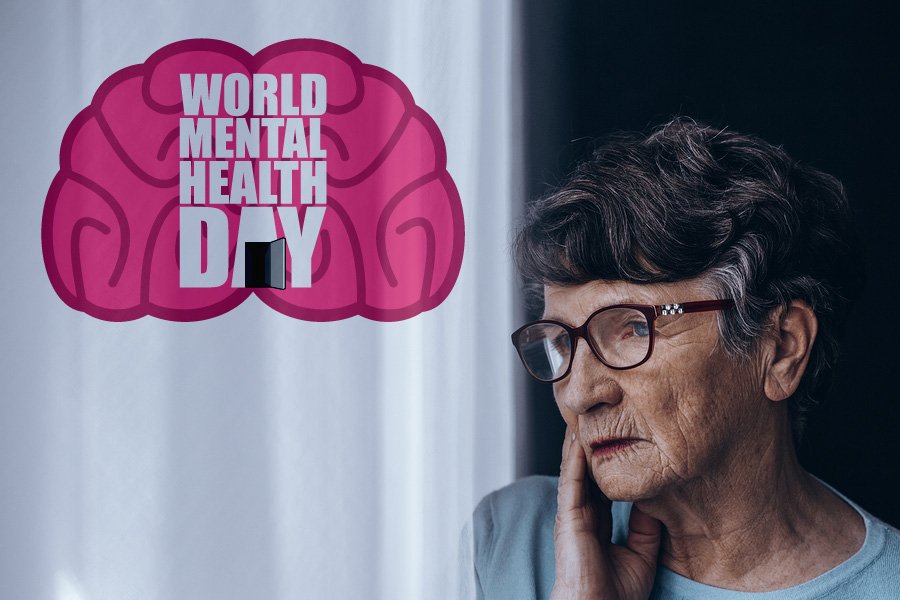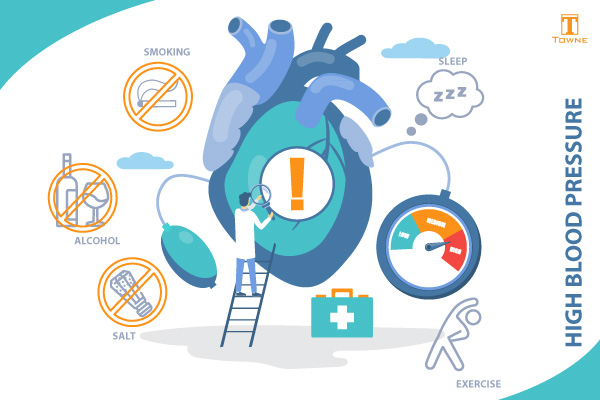We moved Mom into a nursing facility after she fell at home and couldn’t manage on her own any longer. She went straight from the hospital to the nursing home and we expected a difficult transition. It was indeed hard. Mom had to get used to the food, new people, her lack of independence and a whole new routine. We waited patiently for the transition period to end, but it never did…
Six months into Mom’s residence in the nursing facility, we started to worry. We came to visit often, but our visits didn’t seem to cheer her up. She wasn’t eating properly, rarely smiled and didn’t interact with the staff or the other residents.
One day, I expressed my concern to Jada, the CNA on shift, and she suggested that Mom might be clinically depressed. I was surprised. Wouldn’t Mom have let us know if that was the case? Jada said that older people often don’t realize they are depressed and assume their symptoms are just a part of aging. And caregivers don’t always notice either, since they are focused on the patient’s other conditions.
I took my concerns to the physician in charge of Mom’s care and he listened to me carefully and agreed that depression was a possibility. Mom was eventually diagnosed with depression and treated with a combination of antidepressants and music therapy.
The change has been amazing. Now, when my siblings and I visit, Mom is happy to see us. She gossips about her friends in the facility and tells us all about the activities she participates in. She still complains about the food, but at least she’s eating and looking healthier.
I’m telling you this story because today is World Mental Health Day. I want to raise awareness for mental health, so that other families can pick up on mental health issues more quickly than we did. And I want to make caregivers in nursing facilities more aware of the symptoms, so they can look out for signs that something isn’t right.
Click here to find out more about mental health in nursing facilities.







